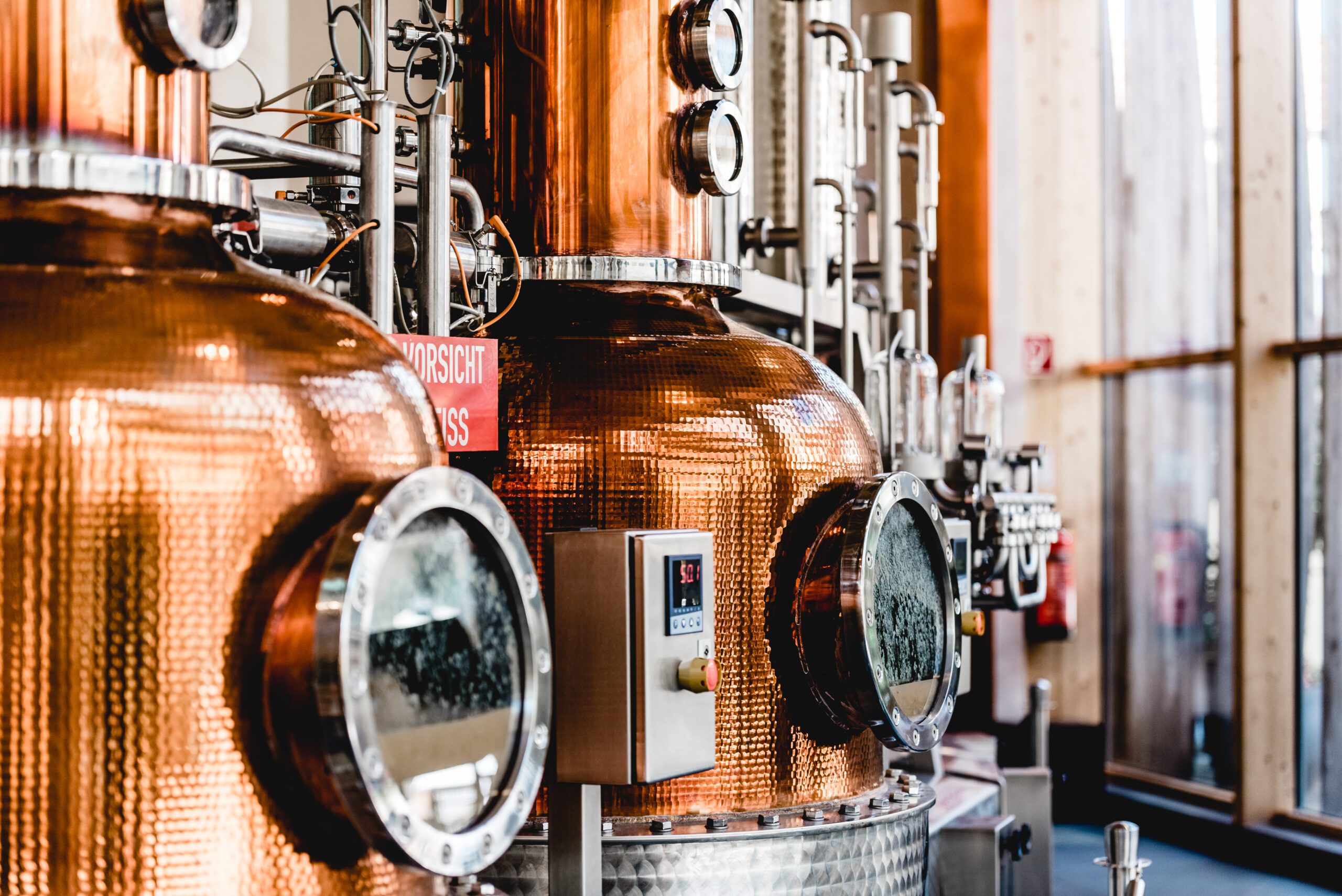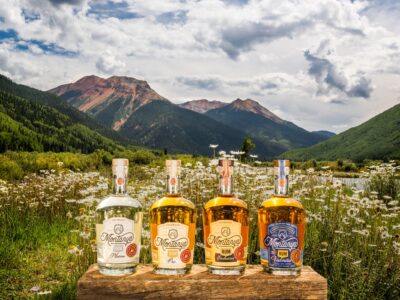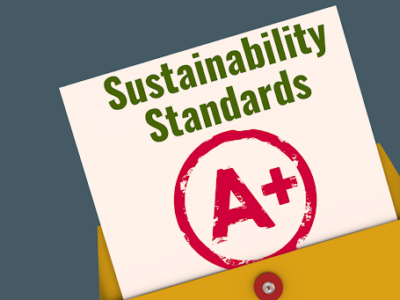At the dawn of the new decade, Forbes proclaimed 2020 would be “The Year Of Sustainable Business.” Sustainability, however, has been on the mind of the distilled spirits industry for a while now. And their consumers are aware of this issue too. According to a 2018 Neilsen survey, 81% of respondents stated that companies should help improve the environment, while the top four attributes for consumers in a recent Beverage Industry poll were “natural,” “clean label,” “healthy,” and “organic.”
The International Wine and Spirits Commission has established a standard – which includes repurposing efforts (including recycling casks, sourcing alternative energy, reducing plastics), supporting local economy, and ingredient sourcing and usage – that a brand must achieve to be considered sustainable.
Similarly, the Distilled Spirits Council of the United States has started an Environmental Sustainability Best Practices initiative focused around six key issues: land stewardship, responsible water use, energy reduction, circular material syncing, waste reduction, and evaluating transport burdens.
Many distilleries have already made sustainability a priority of their operations and, all across America, you can discover innovative brands making meaningful changes to the world’s ecology.
Here are a few highlights of how America’s distilleries are making sustainability their best practice:
Kentucky
Kentucky is home to several environmentally-conscious distilleries. Maker’s Mark has a facility that converts stillage into energy thereby reducing the company’s need for natural gas. Louisville brandy maker, Copper & Kings, has improved its level of energy self-sufficiency by operating two separate water recycling systems, having a roof filled with solar panels, and relying on ambient temperature methods instead of HVAC. Also, they’ve planted a Monarch butterfly garden that serves as a migratory way station as well as a stormwater run-off system. The historic Woodford Reserve Distillery recycles 98% of its waste materials and composts 97% of its food scraps. The Kentucky bourbon maker also has partnered with its state’s chapter of The Nature Conservancy for a long-term project that protects and improves the land where the distillery has sat since 1812.
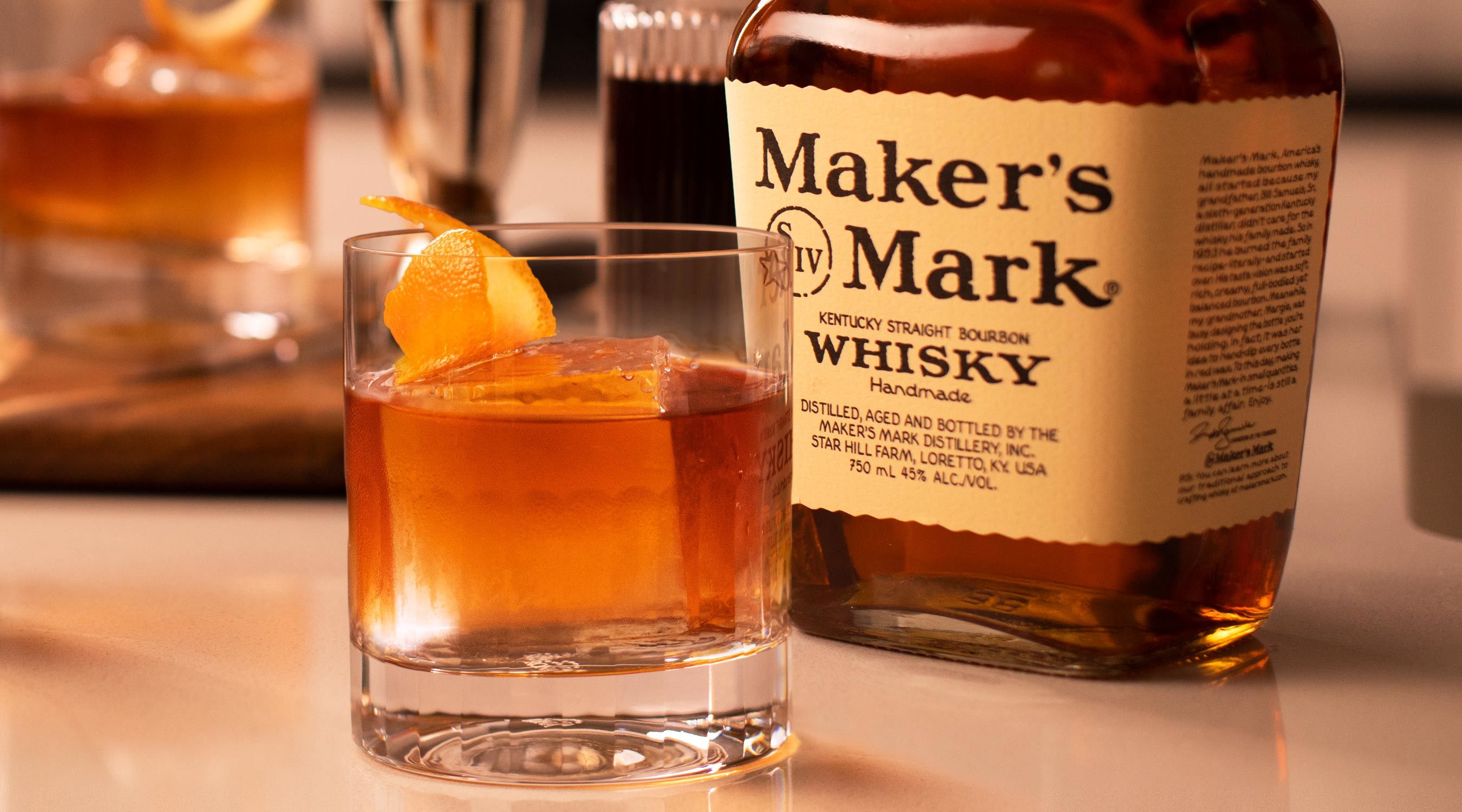
California & Washington
Cutwater Spirits’ popular line of canned cocktails has resulted in providing the highly honored San Diego brand with a smaller carbon footprint because cans are easy to transport, lighter than glass, and convenient to recycle. Another San Diego label, Misadventure Vodka, has made a name for itself by using day-old pastries from local bakeries to create its vodka. The Seattle-based Westland Distillery creates its award-winning Single Malt whiskeys with barley dried in local peat bogs and ages it in a barrel built out of a repurposed fallen oak tree.
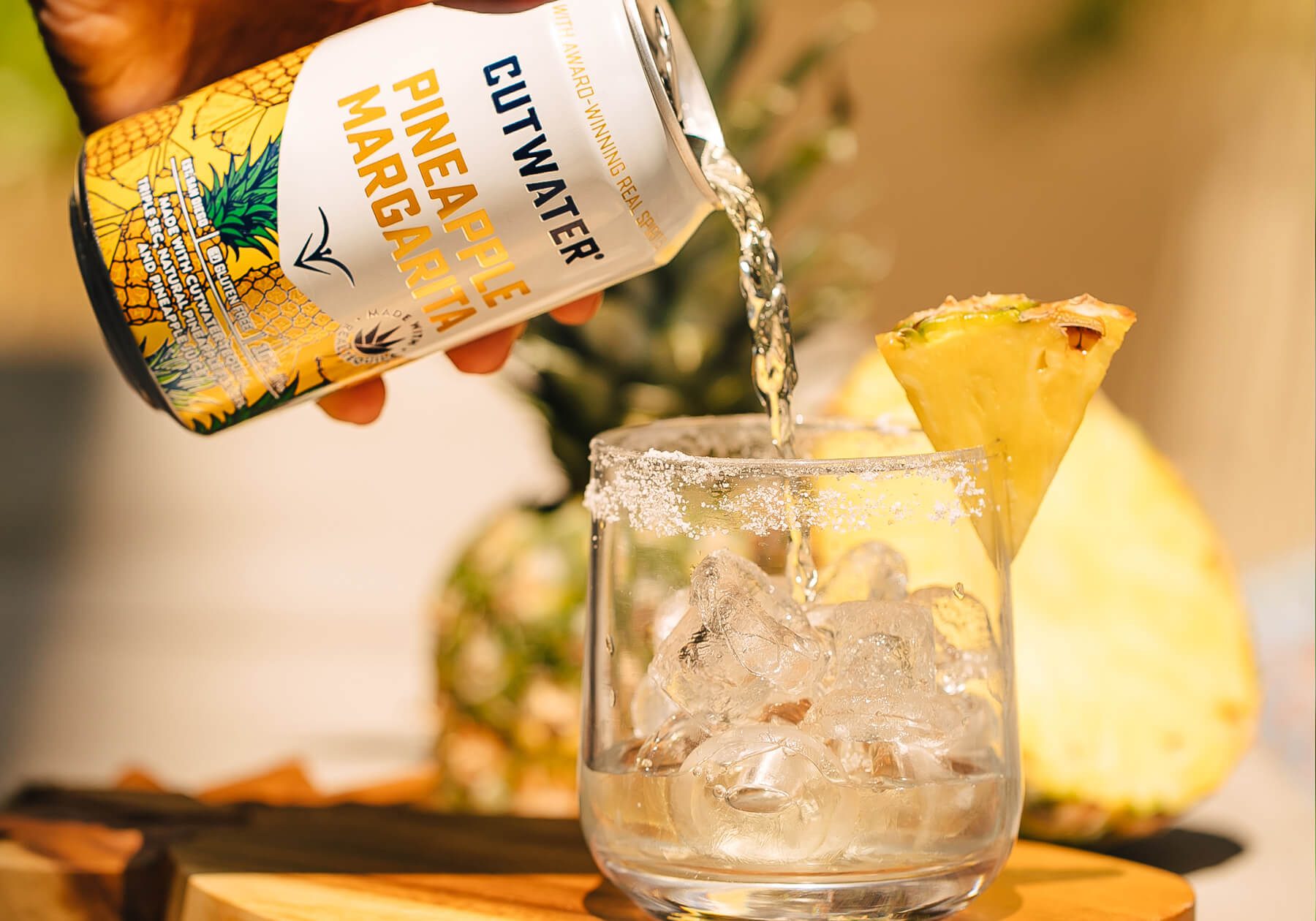
Colorado
Based in Colorado, Jack Rabbit Hill Farm’s environmental strategy features a high-tech biodynamic farming approach that employs fungi, soil critters, bacteria, carbon, and natural light. It’s Rocky Mountain State counterpart, Montanya Distillers, is a female-founded distillery that is 100% wind-powered and typically offsets around 55 metric tons of carbon emissions annually via programs that include renewable energy grids, planting trees, and capturing methane from landfills as well as buying sugar cane that’s grown in America. Located downstream of Aspen, the Marble Distilling Company lives up to its “Drink Sustainably” motto as it saves an estimated 4 million gallons of water per year, and 14,500 pounds of carbon per year by recapturing 100% of its process water and reuse energy through an innovative water energy thermal system.
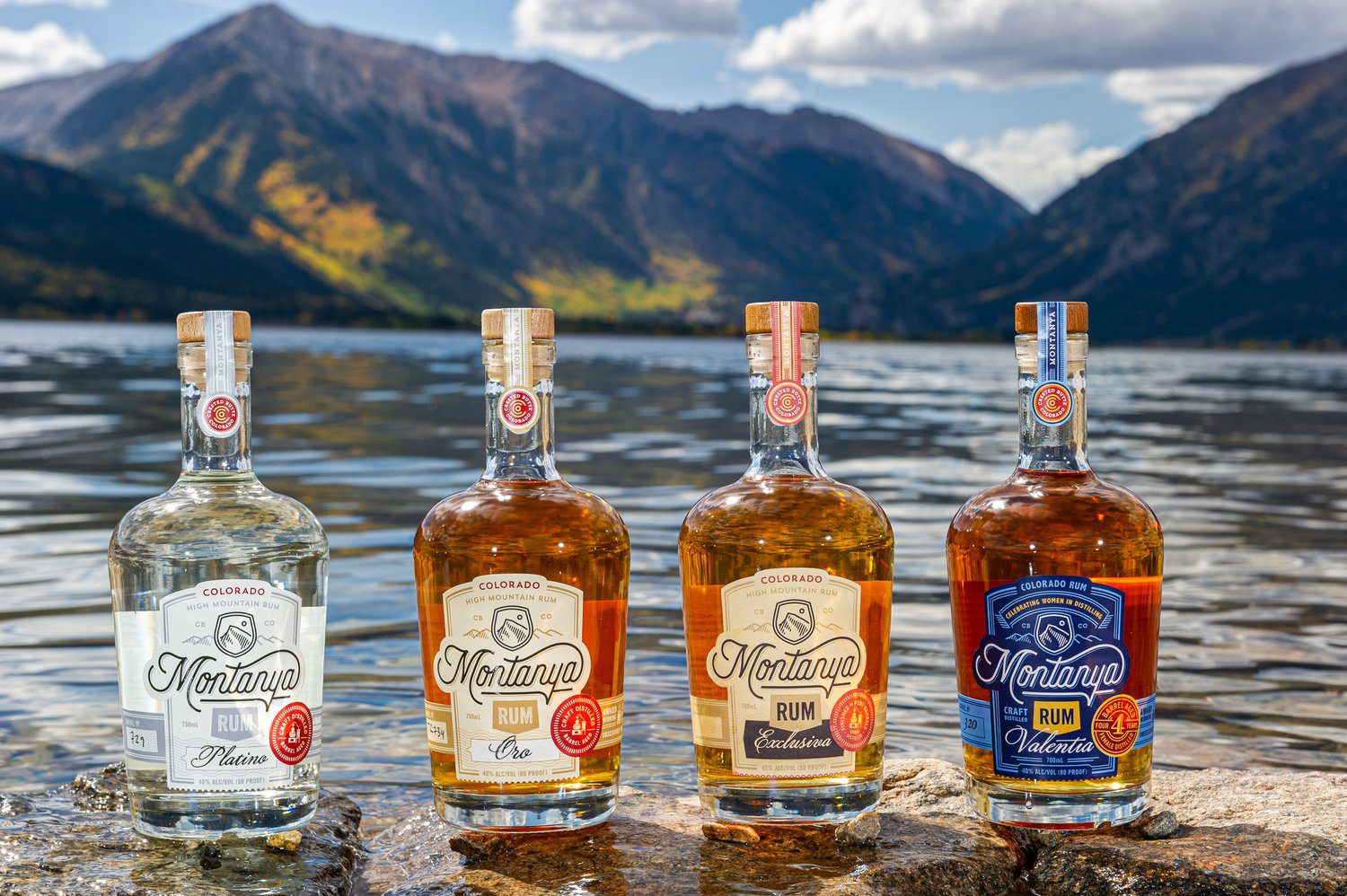
Texas
The crops that Crop Vodka utilizes in its line are all of the USDA certified organic variety; it further helps the environment by having its distilling process free of charcoal filtering and carbon treatment. Austin’s Dulce Vida Tequila produces an ecologically clean tequila by avoiding herbicide use, pesticide use, and other agricultural processes that could possibly harm local farming communities. Five & 20 Spirits and Brewing has teamed up with TimberFish Technologies in a cutting-edge sustainability venture where TimberFish turns Five & 20’s residue and wastewater into microbes and invertebrates that wind up being food for the local fish.
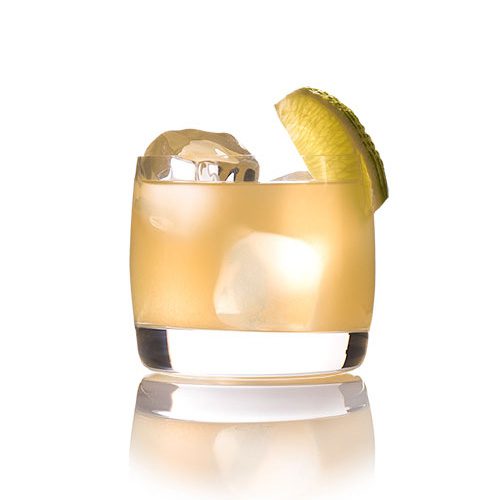
Missouri
The Brazil-inspired, açaí-based VeeV employs a very natural energy source – wind power – for its distillery. A certified carbon neutral producer, the St. Louis spirits firm also donates $1 from every bottle sold to support rainforest preservation and sustainable açaí farming. For its large portfolio of organic spirits, Greenbar Craft Distillery also uses lightweight bottles (which cuts down on carbon emissions) and 100% recycled labels, along with planting a tree for every bottle sold.
Wisconsin & Nevada
Copper Crow Distillery draws upon the resources of its home state, Wisconsin, using whey (a byproduct of cheese making) in the way it ferments lactose sugar into vodka. You can say that the Frey Ranch Distillery keeps everything in-house. The Nevada company grows all of the ingredients (including corn, oats, barley, and rye) for its line of spirits right on its own farm. Not only does this ensure extremely fresh produce, but it also cuts down on emissions caused by transportation.
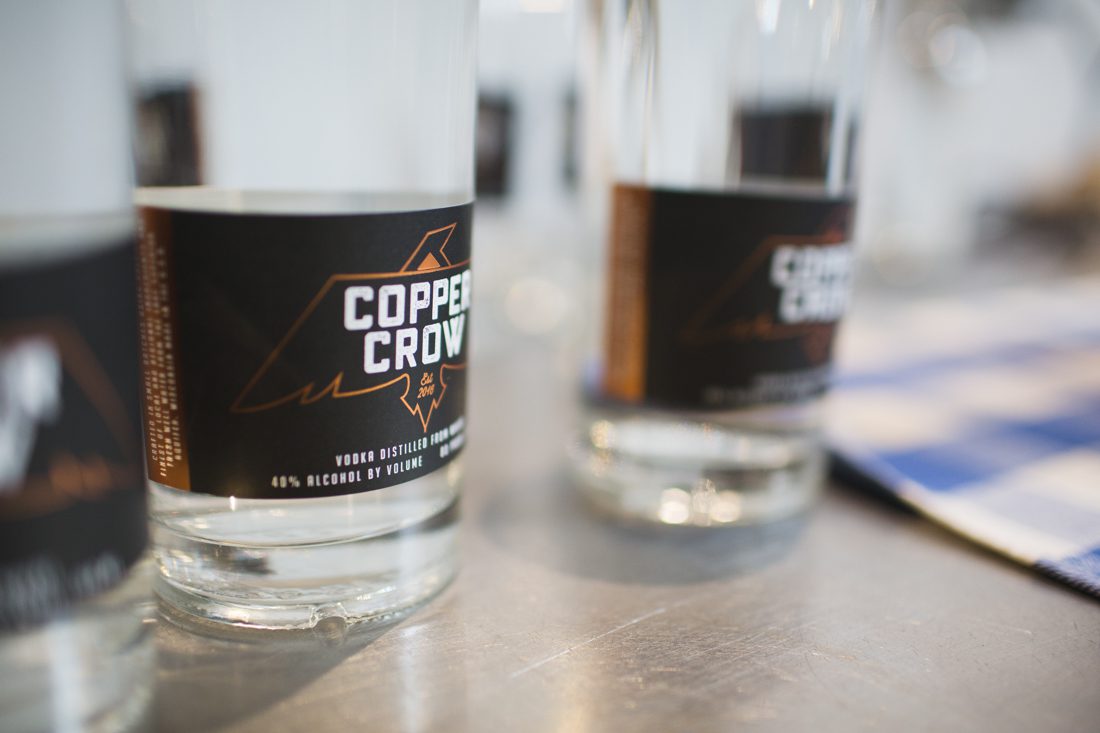
So raise a glass to these environmentally-conscious distilleries who are making it their business to protect the planet while keeping our spirits high.

